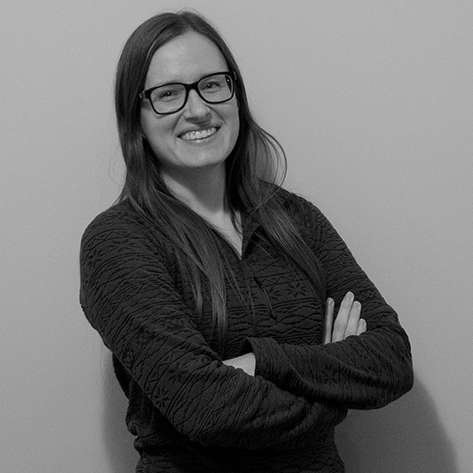Special School of Physics and Astronomy Colloquium: Nadja Strobbe
Digging deep for new physics with the CMS experiment
Note: Change of time and room for Colloquium. This week only.
Speaker: Nadja Strobbe, School of Physics and Astronomy
Title: "Digging deep for new physics with the CMS experiment"
Abstract: The CMS experiment at the LHC has published hundreds of new physics searches, ruling out large parts of new physics parameter space. However, many possible new physics scenarios remain viable. These scenarios are often hard to distinguish from standard model background processes, and we must dig deep to uncover them. In the first part of this colloquium I will discuss the search for top squarks with stealth or R-parity violating decays, in final states with many jets and small missing transverse momentum. As I will show, innovative techniques, including machine learning, are needed to obtain sensitivity to these signatures. In the second part, I will focus on the high-luminosity (HL) LHC as an alternate way of digging deeper into parameter space. The HL-LHC will provide an order of magnitude more data and the accompanying upgrade of the CMS experiment will open up new possibilities as well. In particular, I will highlight the upgrade of the CMS Endcap Calorimeter, focusing on the frontend electronics, for which my group will be testing 20,000 circuit boards in PAN over the next year.
Link for zoom: https://umn.zoom.us/j/96082127358
Speaker: Nadja Strobbe, School of Physics and Astronomy
Title: "Digging deep for new physics with the CMS experiment"
Abstract: The CMS experiment at the LHC has published hundreds of new physics searches, ruling out large parts of new physics parameter space. However, many possible new physics scenarios remain viable. These scenarios are often hard to distinguish from standard model background processes, and we must dig deep to uncover them. In the first part of this colloquium I will discuss the search for top squarks with stealth or R-parity violating decays, in final states with many jets and small missing transverse momentum. As I will show, innovative techniques, including machine learning, are needed to obtain sensitivity to these signatures. In the second part, I will focus on the high-luminosity (HL) LHC as an alternate way of digging deeper into parameter space. The HL-LHC will provide an order of magnitude more data and the accompanying upgrade of the CMS experiment will open up new possibilities as well. In particular, I will highlight the upgrade of the CMS Endcap Calorimeter, focusing on the frontend electronics, for which my group will be testing 20,000 circuit boards in PAN over the next year.
Link for zoom: https://umn.zoom.us/j/96082127358
Category
